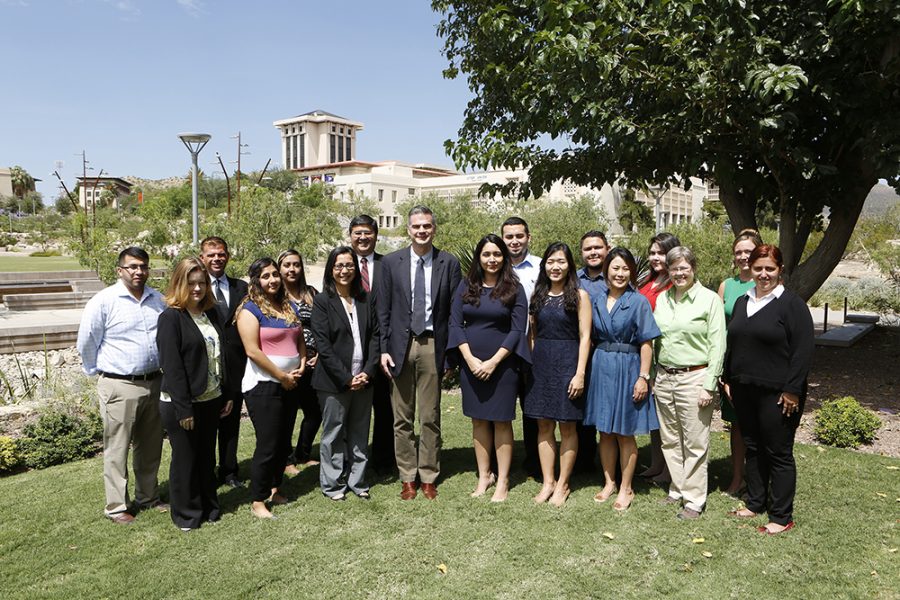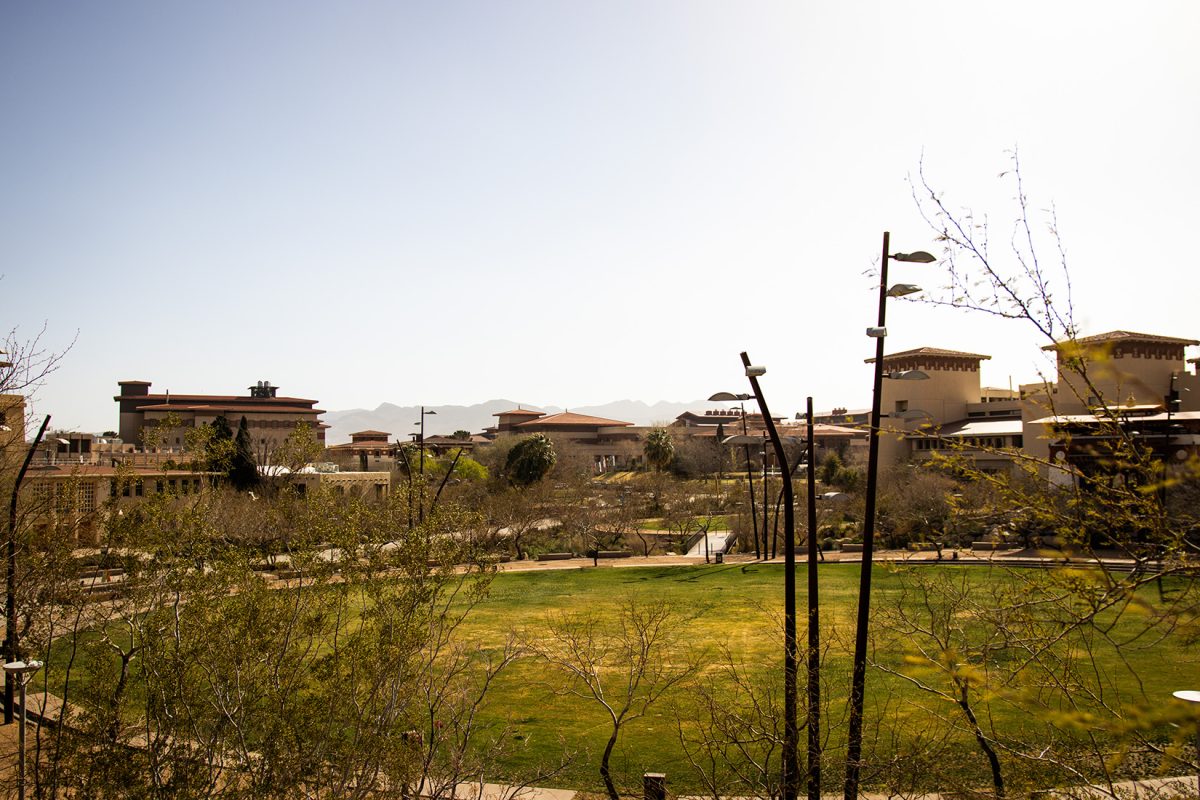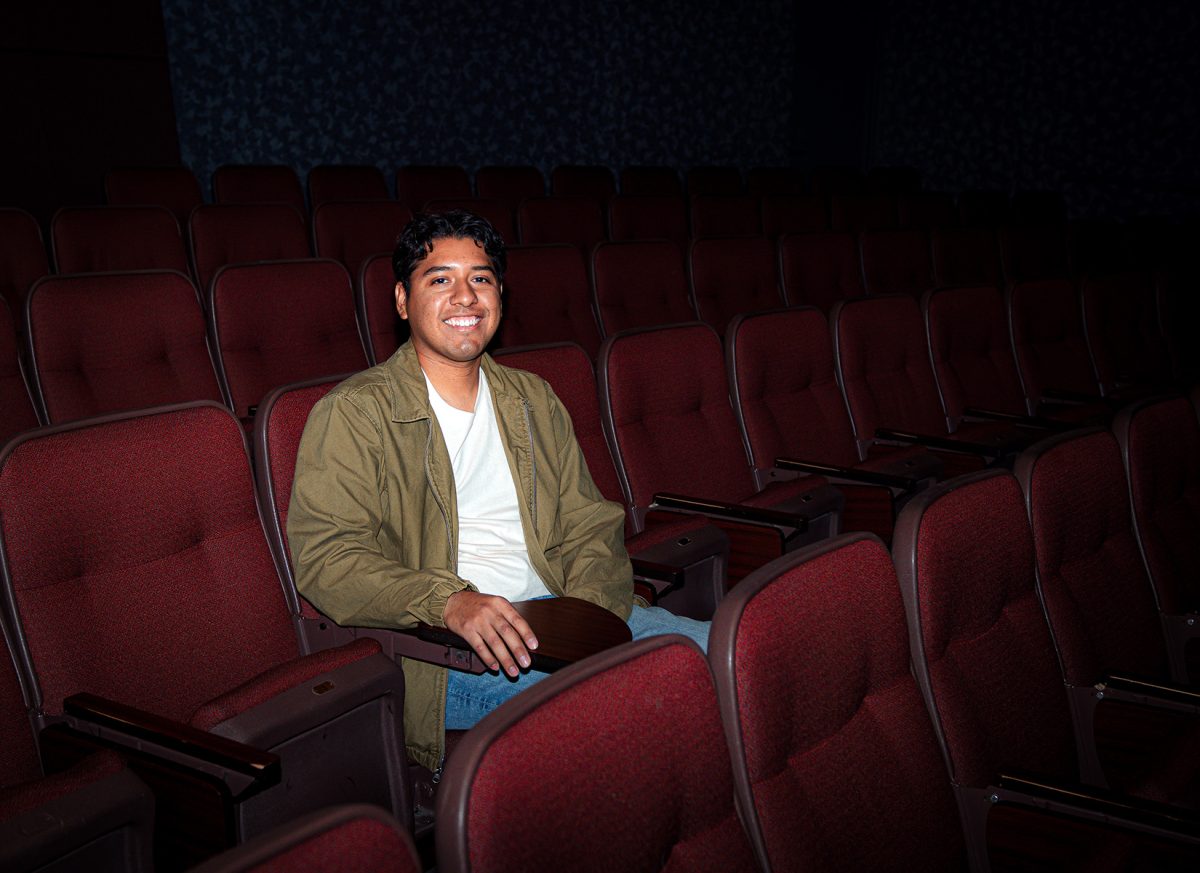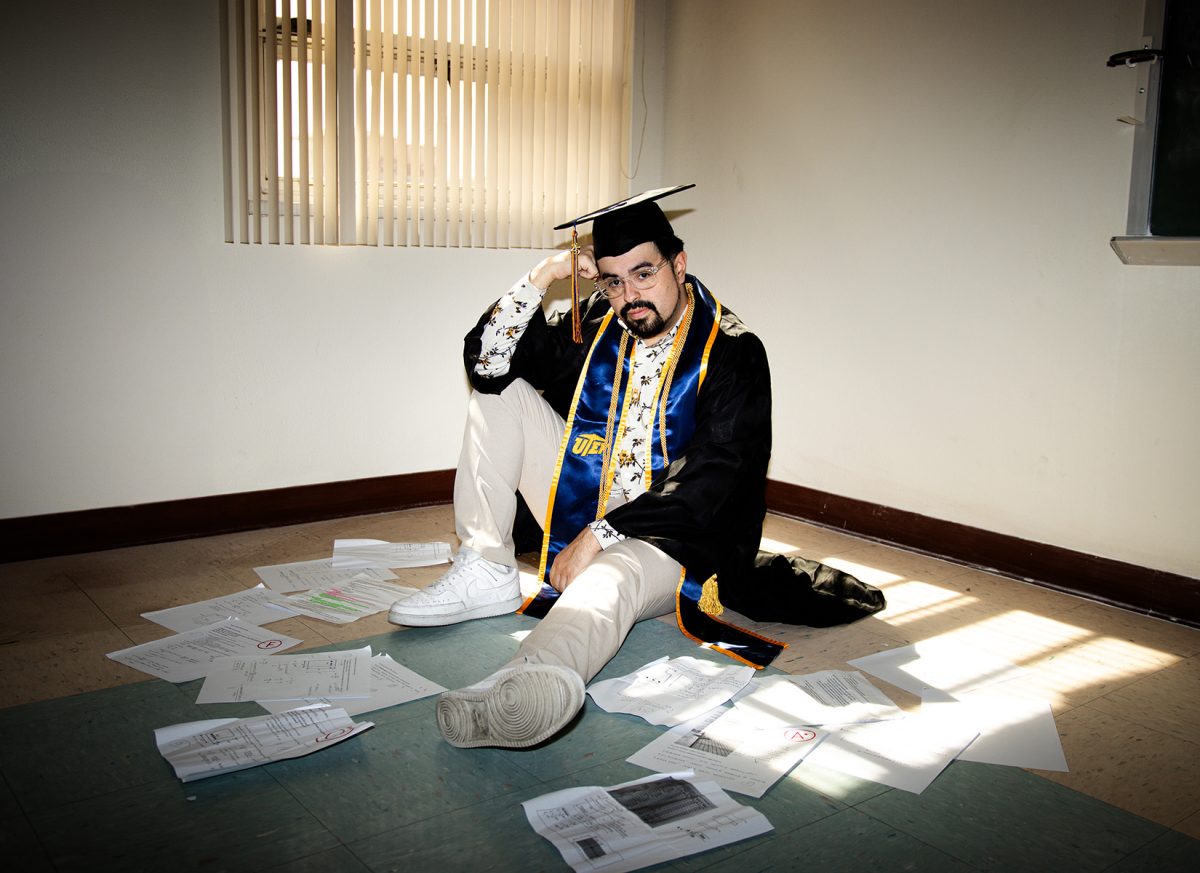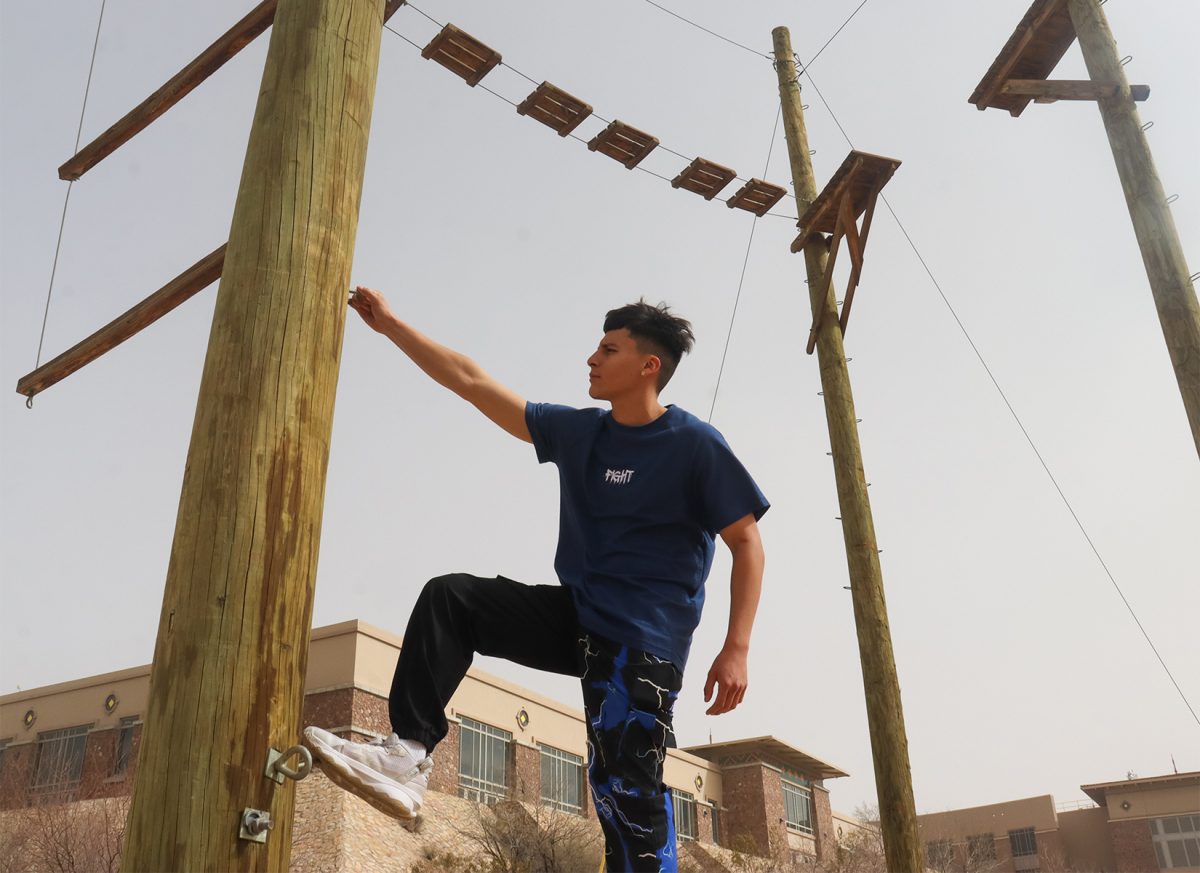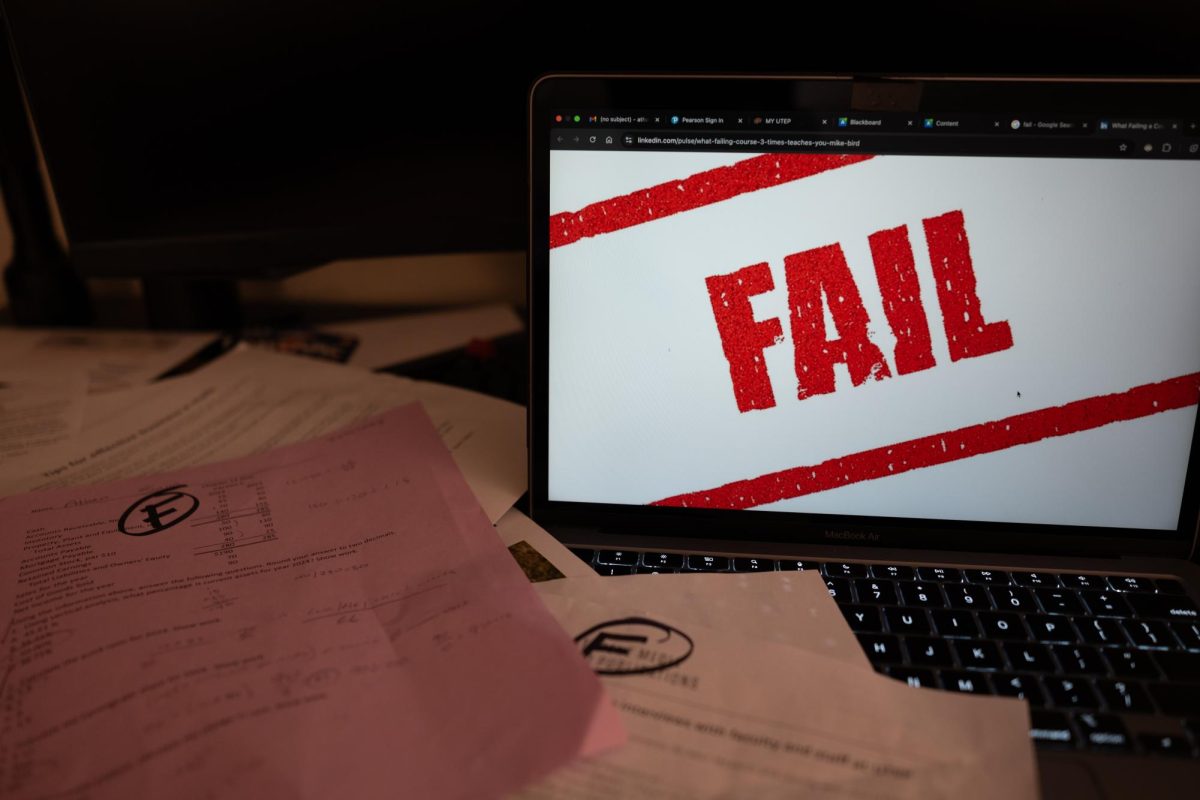UTEP received a $1.1 million grant to create a supporting organization for mental health professionals and students around the area.
The center, called Empower Change: The Paso del Norte Center for Mental and Emotional Well-being, will provide a wide array of services to citizens of Southern New Mexico, El Paso and Ciduad Juárez.
The Paso Del Norte Health Foundation donated the grant to UTEP in September 2017.
“We need to serve the mental health needs of the people of the region and we also needs to provide opportunities for students who are from here and aspire to those careers,” said John Weibe, psychology professor, vice provost and principle investigator of the project.
Because mental health encompasses everything from prison rehabilitation and education to where to find services if someone does not have insurance, the center includes a wide array of personnel to address these issues.
“Our goal is to strategically support and increase regional coordination when it comes to mental health and emotional well-being,” Weibe said. “We do things as mundane as organize meetings and make sure we got room space available for people to come together around a table, then there are slightly more complex tasks that involve background research on issues that leaders are interested in.”
This can include anything from arranging meetings for an organization interested in mental health, to creating the first interactive directory in El Paso that lists all mental health services, to reducing the stigma about mental health at UTEP.
The directory will be published within the coming months, and will list everything from services for people without insurance and aids to help people reenter society from the corrections center to an overall updated list of all the services in El Paso.
“Our hope is that this would become something that is very widely used across the region, by not only front-line care professionals who want to help people, but also consumers themselves, clients–patients who need services,” Weibe said.
Leon Armstrong, a senior psychology major, is a student worker at the center.
“You can see on campus that there is people already breaking the (mental health) stigma and doing that, so our plan is to unify them,” he said.
Armstrong said that the center has already held a meeting for UTEP organizations for future events.
Armstrong also said that working at the center has changed how he views the importance of research.
“This organization showed me that it’s not just research, you can use the research for something good, and so that’s what I want to do,” Armstrong said. “I can also do not just psychology but social work.”
One of the initiatives, Think.Change, is trying to reduce the social stigma of mental illnesses through contact, education and to a lesser extent, protests.
“We want to let people know that you can have a mental illness, but you can get help for that and you can live a life like any other,” Armstrong said. “I think a lot of students are not just aware of the services they can get.”
The center is also a way for students to get a real world look at how they can use their skills once they graduate. One of the aims of the center is to get students in front of legislators to talk about their respective fields so politicians can have a firmer grasp on the issues that affect citizens when it comes to mental health.
Research also plays a big role in the center’s objectives. A central goal is to provide data and research support that helps those who are in decision-making positions to make those tough calls.
“You might imagine that the leaders of many of these groups are very busy people, they are leaders in their own organizations, with 40-hou-a-week jobs, so they don’t necessarily have a lot of time to be researching these sorts of collective impact goals, and that’s one area where the center comes in,” Weibe said.
The center also wants to create a communication hub.
“It’s about building a social media network, to build a sense of regional unity, common purpose around mental health and emotional well-being, to serve as an information resource for the region on those issues,” Weibe said. “We want to connect to people.”
Armstrong said that the center uses a diverse range of professionals that compliment each other.
“I think that’s the best thing in this organization, the diversity of people working,” Armstrong said. “Each discipline has shortcomings, so no one discipline can provide that help.”


